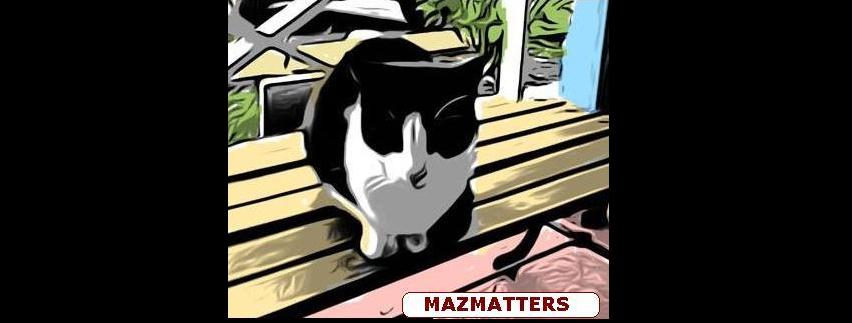As Australia's attempts to get whaling banned, Australia has mounted an attack on the scientific basis claimed for Japan's Antarctic whaling as it broadened its case for a ban by the International Court of Justice.
The 26-year-old Japanese program, conducted under a self-awarded special scientific permit, has taken upwards of 10,000 whales, the International Court of Justice has heard recently.
The Sydney Morning Herald reports that the counsel and witnesses for Australia have told the International Court in The Hague that the Japanese whaling research program (known as JARPA II)... "had made a negligible contribution to science".
Describing the program as a "parody of science" Professor James Crawford, QC is reported by SMH as saying:
''JARPA II is not a program of science, it is a parody of science,...It is designed to keep Japan in the whaling business, come what may.''
While Philippe Sands, QC, has according to SMH told the court that while Japanese whalers may have collected data on thousands of body parts, their program was nothing more than a collection of data: "a heap of stones, not a house."
Australia's case referenced the fact that a quarter of a century has passed with thousands of whales being killed and yet Japan is unable to offer any "discernible progress". The case was being prepared through written submissions because Japan had refused to respond to criticisms of its science taking the view that "if we say it's science its science".
Other criticism came from Australian Antarctic program chief scientist Nick Gales who is reported to have told the court that Japanese whalers' research had added nothing to what was already known about what Minke whales ate, or their age at death.
The case is being heard before a panel of 16 judges and is continuing.
Source: 'Science' of Japanese whaling attacked in court case (Sydney Morning Herald)

